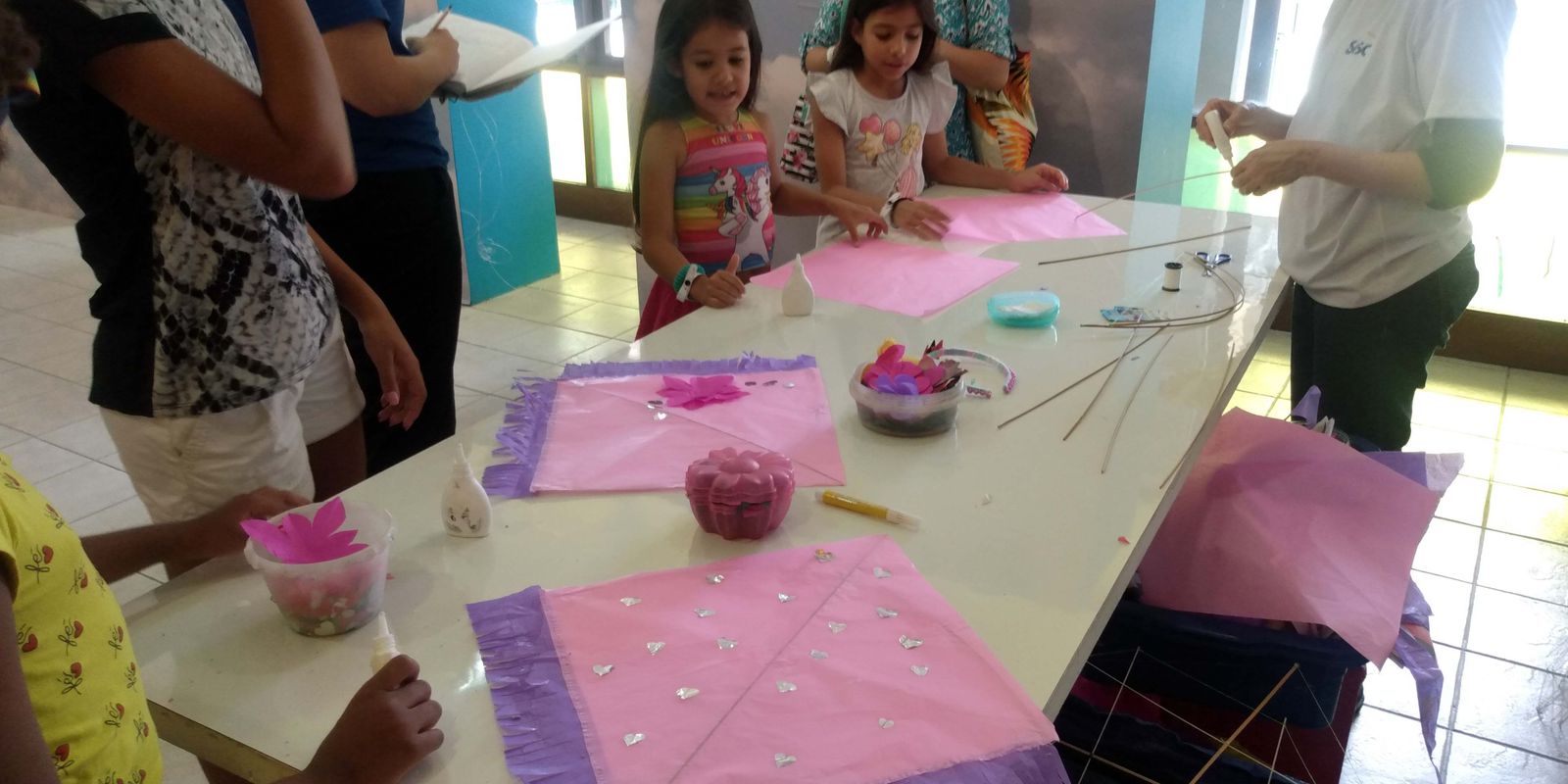The deputies of the UDI, Felipe Donoso, Cristhian Moreira and Álvaro Carter announced that they will present a Constitutional Reform to take away the right to vote from people deprived of liberty, on the verge of a crucial election.
In total there will be 1,029 people deprived of their liberty who will be able to vote in the exit plebiscite on September 4 and they will do so in 14 penitentiary establishments, located throughout the country, after the Servel ratified that those who are deprived of their liberty will be able to exercise your right by meeting certain requirements.
In the opinion of deputy Donoso, “it is incomprehensible that the Servel, by virtue of a judicial order issued by the Supreme Court, has to go out and look for people deprived of liberty in the different prisons to register them in the electoral registry and so that they can later count with the possibility of voting in the plebiscite on September 4”.
“This is being done for the first time and we believe that it is unhealthy for Democracy, people deprived of their liberty for different reasons, are people who have seriously violated our institutions, and many times they do not agree with how democratic transit is carried out. ”, argued the parliamentarian representing the Maule Region, through a statement.
It should be remembered that last year the Supreme Court issued a ruling ordering the facilitation of voting for 147 prisoners from Colina II, who were qualified to vote.
The trade union parliamentarian added in the letter that “installing a ballot box inside a prison implies that we have to have sufficient transparency in the electoral process.” Donoso wonders: “can we then freely enter a prison, the representatives of the polling stations, the presidents and electoral delegates, is it safe to keep a ballot box inside a prison?”
Specifically, the UDI deputy maintained, “we believe that it is not very transparent, not very secure and therefore we must change that, through a Constitutional Reform that what it does is deprive the right to vote only to people deprived of their liberty for a court order, this implies that all those people who for some reason are undergoing a process will lose their right to vote temporarily, recovering it once they are free”.
And he added: “This exempts the constitutional duty to provide the Servel with tables in prisons, because it is very unfair that today we install tables in prisons, and not for example in hospitals, in mining operations, or people that they are working in the state of exception in Araucanía, that they are displaced from their places, so why occupy all our electoral capacity so that they vote for inmates who have seriously violated our rule of law?
The deputy Cristhian Moreira maintained that the initiative that they will enter goes in the sense of not taking time away from the Servel to worry about people who are in jail. For the same, the UDI legislator added that “I want to remind you that in the constitutional draft you want to give the vote to people who have a longer sentence, which is the afflictive sentence of 5 years and one day.”
“We have to give a signal against crime and not worry about whether the prisoners who are in the country’s different jails vote or don’t vote,” Moreira said. And he limited: “I think it’s the last straw, people don’t want this type of signs, because here there are privileges for those who have committed this type of crime.”
Finally, Deputy Álvaro Carter ruled that “what this constitutional reform project seeks is to send a signal to the country, we cannot allow people who have harmed others and have committed crimes to have the right to vote, unlike what happens with people who work in mining operations, in hospitals, the police or the military cannot vote. Citizens expect the people who vote and the political world to act correctly and this project is precisely on that path.”
According to the law, a person sentenced to a sentence of less than 3 years and 1 day, nor accused of a crime that deserves the previous afflictive sentence or for a crime related to terrorism, can vote on September 4. In addition, they must make the change of electoral address in the Servel, informing the prison in which they currently reside. Those who meet the two previous requirements will be registered in polling stations inside the prison, but only if there are at least 30 people registered.








